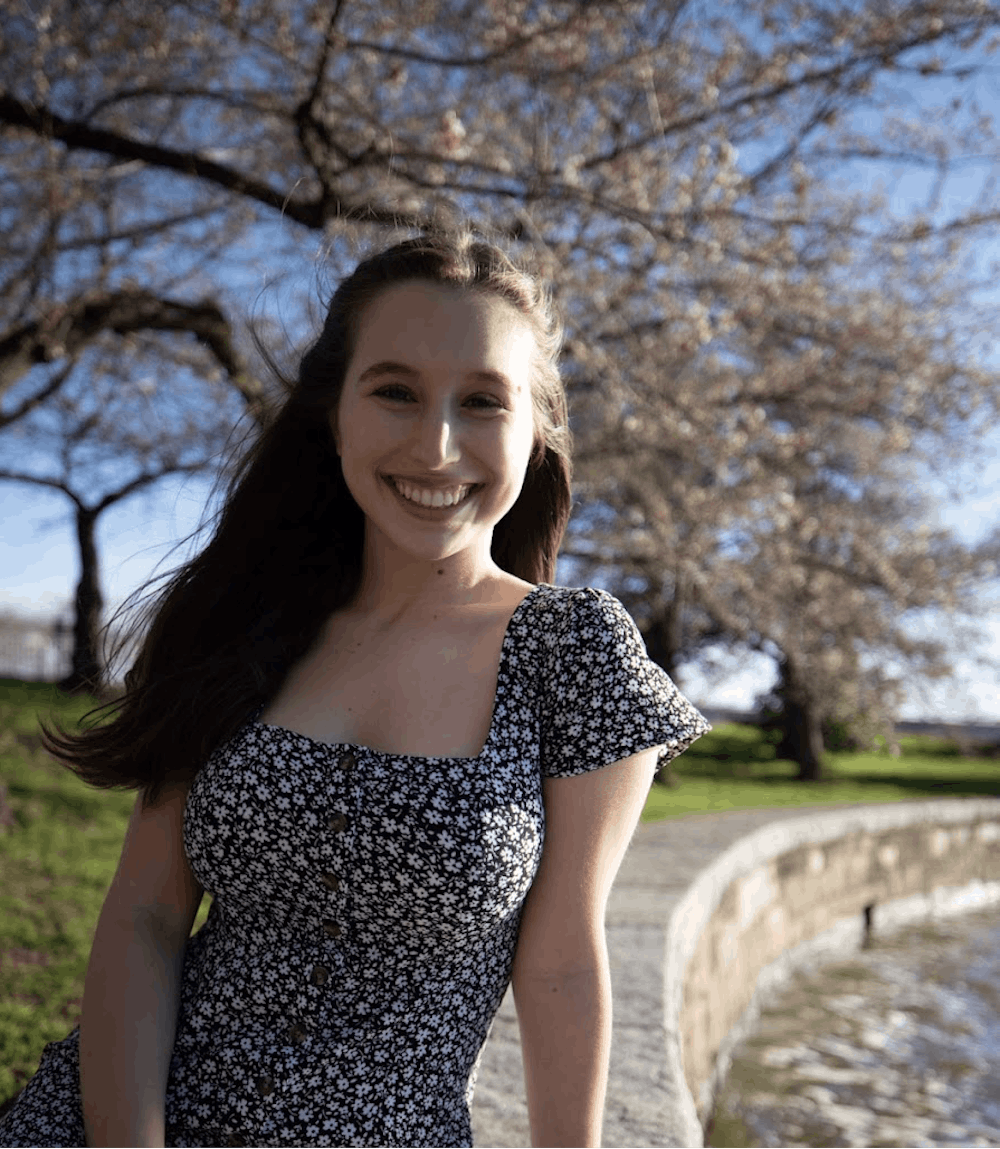The coronavirus pandemic has changed up my outfits.
Besides my new daily look of sweatpants and a t-shirt, the addition of a mask has made its way into my daily routine for two years. I’ve had the same three-ply cloth masks since the beginning of the pandemic. The blue disposable surgical masks do not fit my face correctly, leaving me exposed.
Before the Omicron variant, a three-ply cloth mask was perfectly acceptable. Unfortunately, due to the variant being extremely infectious, cloth masks are no longer as effective against preventing the transmission of COVID-19. Since Omicron landed in the U.S., I started “double masking” with a three-ply cloth mask on top of a surgical mask to prevent air leakage.
American University announced that KN95, N95 or KF94 masks are required indoors on Jan. 28. While helpful towards limiting the spread of COVID-19 on campus, this mandate puts many students at a disadvantage. To fairly require KN95 masks, which are expensive and difficult to obtain for the average person, AU must make them accessible.
Before the announcement of the requirement, I ordered 100 surgical masks for $16.99. While I’m a bit disappointed that I won’t be able to wear those anymore, I’m more upset that the cost of a KN95 mask is significantly more expensive. The largest pack of KN95 masks I could find on Amazon was a 50 pack and it cost $39.99. 100 masks for $16.99 comes out to about $0.17 per surgical mask. KN95 masks are glaringly more expensive than surgical masks, making them difficult to acquire for many students.
With this new policy, AU is offering students one free KN95 mask a week. Students unable to obtain masks outside of AU will only have access to one mask a week. According to the CDC, an N95 mask can generally be used up to five times. Assuming the average student leaves their dorm room more than five days per week, how can students safely attend class with only one mask per week?
To make matters worse, The Eagle recently discovered that the free masks AU has been distributing are counterfeit. As most students wore these fake masks during the first week of in-person classes, this realization brings obvious health concerns for the community. The effectiveness of these masks remains in question. How are students expected to obtain real, protective masks for ourselves, if AU cannot?
The policy leaves many questions and much to be desired. If the straps on my mask suddenly snap, will AU replace the mask for free? If the mask wears out too fast, will a student not be permitted to attend class? If I misplace my mask, will I not be able to go indoors to grab food? Without a contingency plan for these concerns, many students will not be able to follow the mandate, leaving the community at risk.
In addition to the mask mandate, students are not permitted to eat or drink while in class, including water. My feelings towards this and the mask mandate are the same: I’m glad AU prioritizes immunocompromised students’ safety. Hopefully, these policies will minimize the spread of the highly contagious Omicron variant and keep our community safer. However, AU must make KN95 masks more accessible for its students to make that happen.
Alexis Bernstein is a sophomore in the School of Public Affairs and a columnist for The Eagle.





